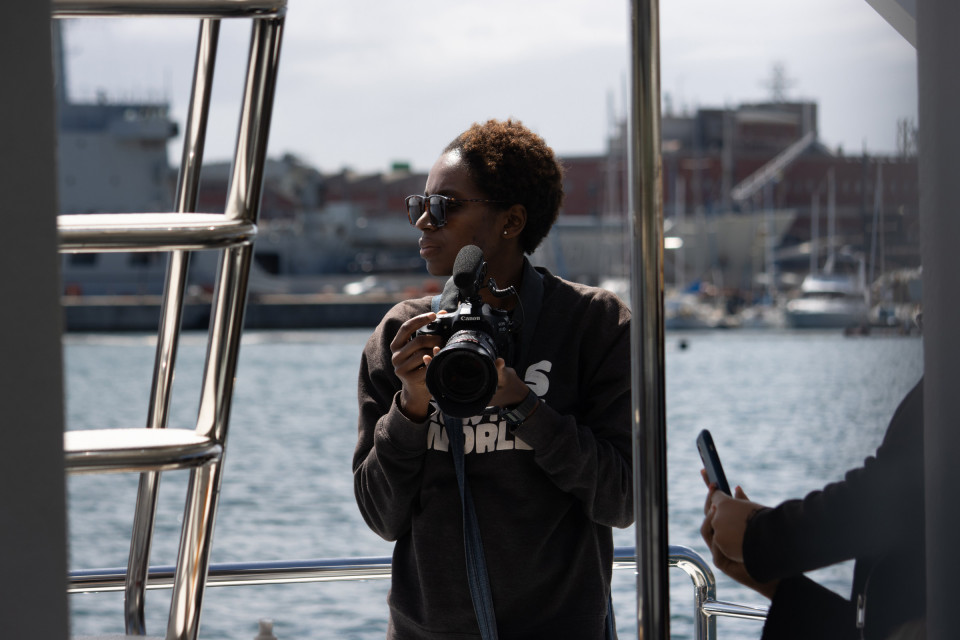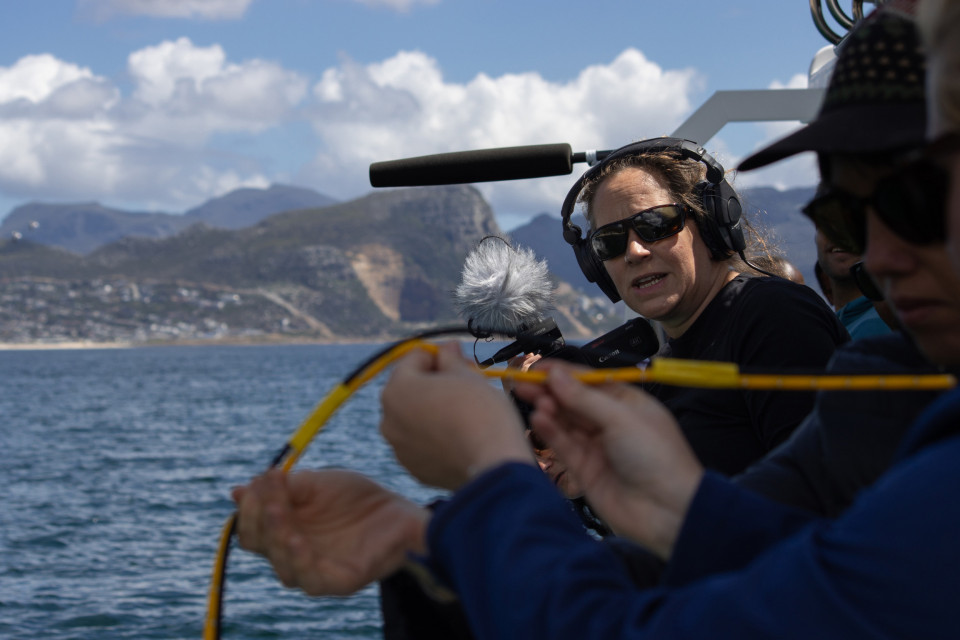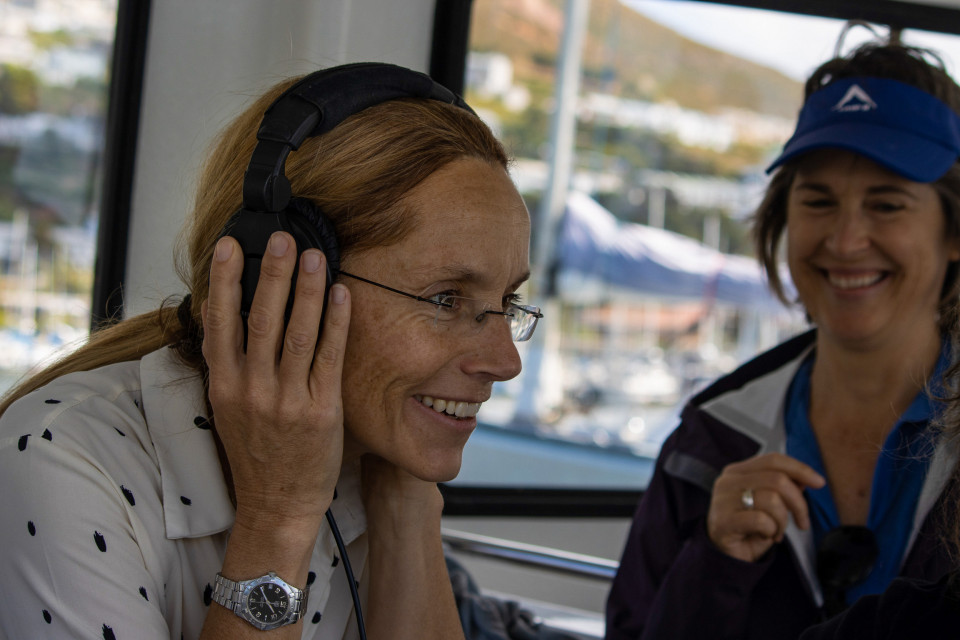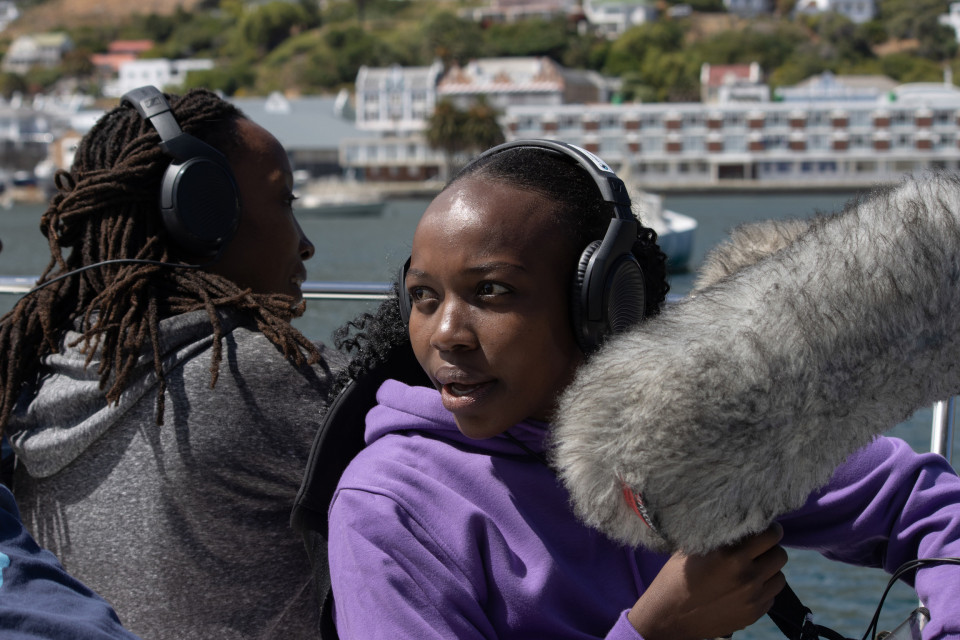17–20 NOVEMBER 2022
Image by Reka Linnemann
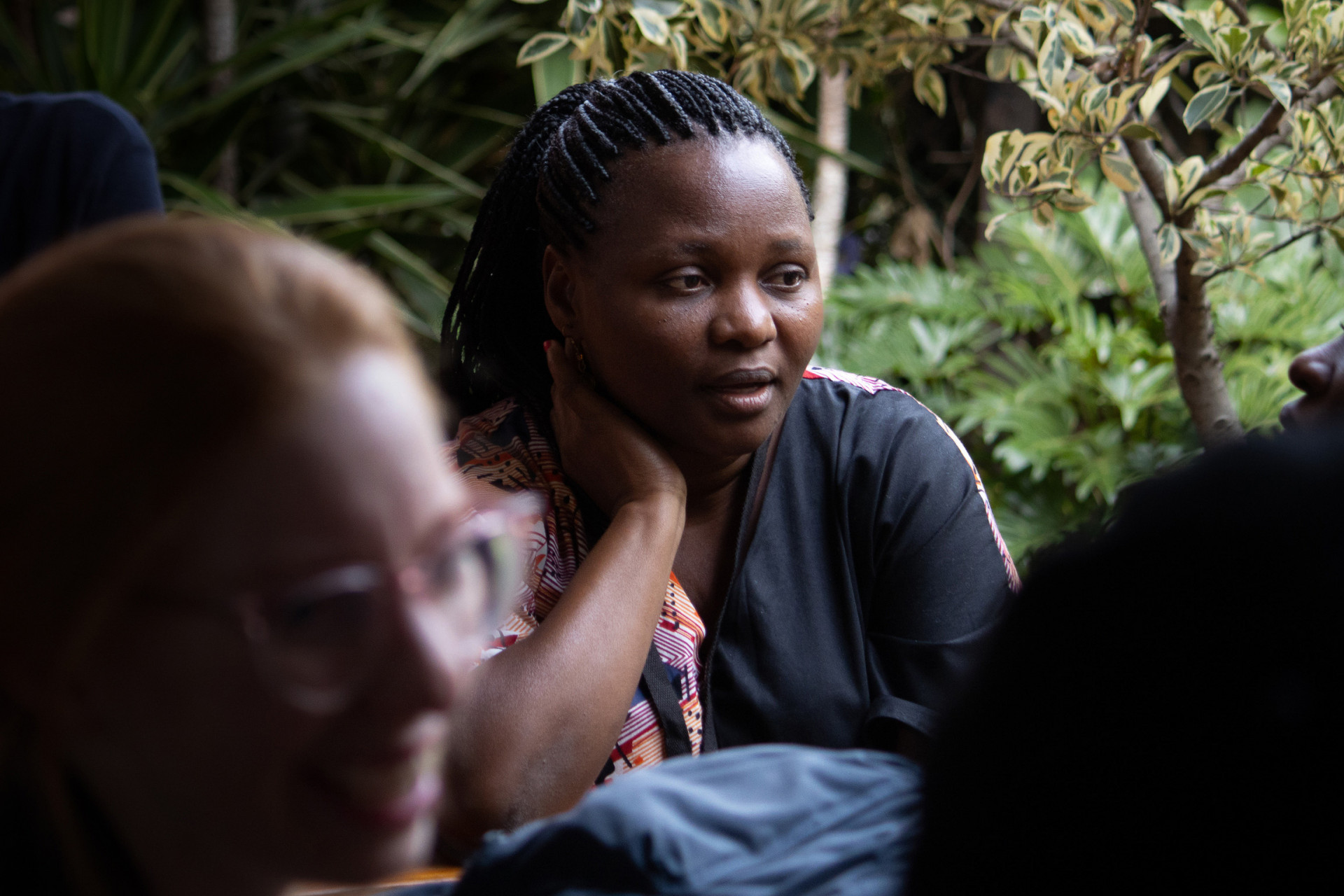
Thihangwi Ramutsindela discussed how colonialism and apartheid both played key roles in shaping ideologies on the continent, but also in controlling how Africa and its peoples were narrated and represented on screen. She presented the way in which history has silenced traditional African narratives, often carried by women, which linked communities to nature. Thihangwi concluded that the power of film lies not only in its ability to revisit history, but through visual storytelling, to reconstruct our understanding of the past and consequently reshape our future.
Roman Cuilla defined and compared the male and female gaze using examples of films made by both sexes. Cuilla also brought into focus the variety of gazes that films are seen through (the American gaze, the heterosexual gaze, etc.) and the repercussions they can have on audiences and society. He left participants thinking hard about the notions of bias, we all carry with us.
Dr. Juliet Karisa brought the first morning focus on the female gaze to a close by presenting her experience as a marine biologist. During a coral restoration project off the Kenyan coast, Dr. Karisa was the only woman on the scientific team. With women from a local community on the islands where she was working she created a protected area to improve both the health of the ecosystem and the women’s revenues as fisherwomen. However, after some time, she realised the area had been sabotaged by men fishing the area at night. Drawing on her personal story, Dr. Karisa put the question of male allyship to the audience.
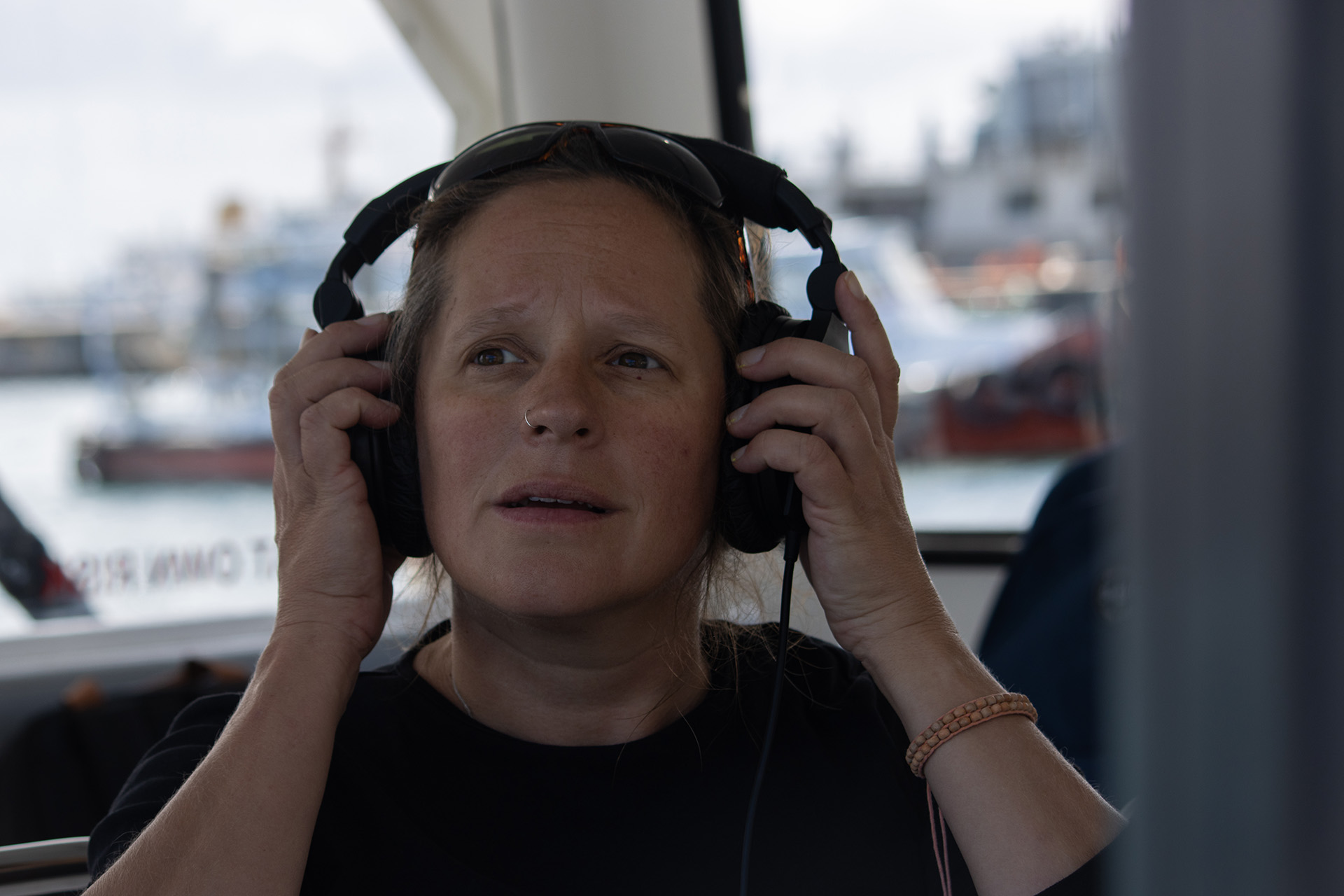
Dr. Tess Gridley and her team presented the basics of sound and bioacoustics. In an interactive workshop they defined and explained key scientific terminologies and practices, showing their use in science as well as in film. Following this, the workshops focused on the endemic fauna of the Cape, like the Cape dolphin and the humpback whale and its famous songs. The Sea Search team also examined the use of inaccurate natural sounds in natural history films and cinema. The workshops were introduced by 15-minute nature sound listening sessions provided by the Listening Planet Foundation, a non profit organization dedicated to promoting a wider appreciation of the diversity and fragility of planet Earth through sound, founded by renowned audio naturalist Martyn Stewart.
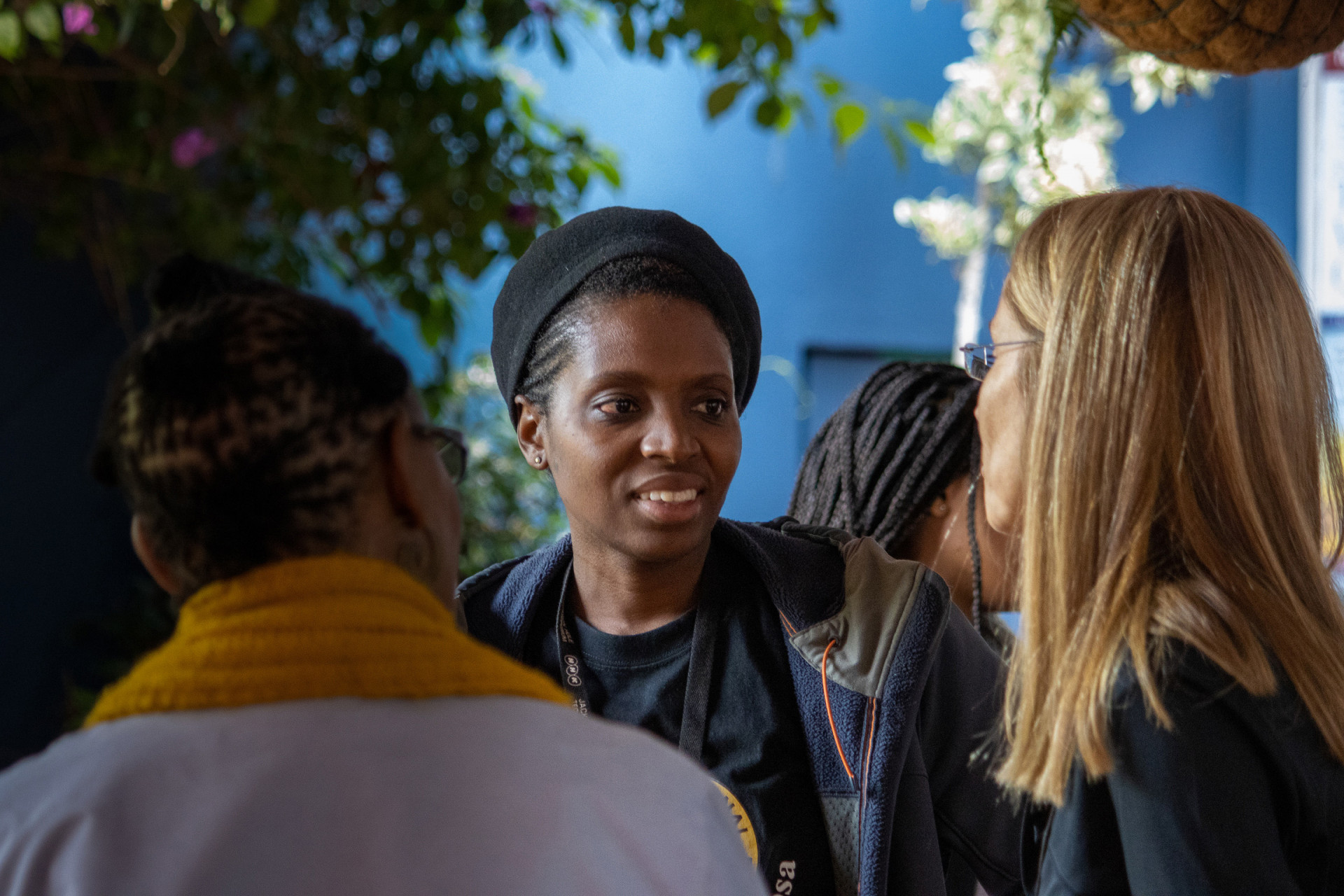
In her keynote speech, Dr. Paula Kahumbu explored the African perspective in wildlife film making and strategies for reaching the widest and most diverse audience possible to raise environmental awareness. She highlighted the impact that the documentary format can have on individuals as well as on policy, drawing on a campaign she ran for children with National Geographic. Dr. Kahumbu highlighted the impact that African women can have on the preservation of species in Africa through their vision, attention to community and ability to understand complex situations.
Larissa Sousa is the Associate Director of Education at Gorongosa National Park in Mozambique. Her presentation focused on the park’s conservation efforts, the fight against poaching problems and the importance of the coexistence of communities living in the national park with wildlife. Larissa discussed her involvement with projects such as the “Girls’ Clubs”, which aim to keep girls in school, avoid early marriages and improve young girls’ life skills so they have the tools to face the world.
Nadine Cloete from South Africa’s National Film and Video Foundation laid the foundations of storytelling, explaining to the audience how to shape a character whether fictional or part of a true story. Cloete insisted on the temporal dimension that each character must have to make them more intriguing, more real. She also detailed how camera must work with and for script, requiring research and a precise film plan.
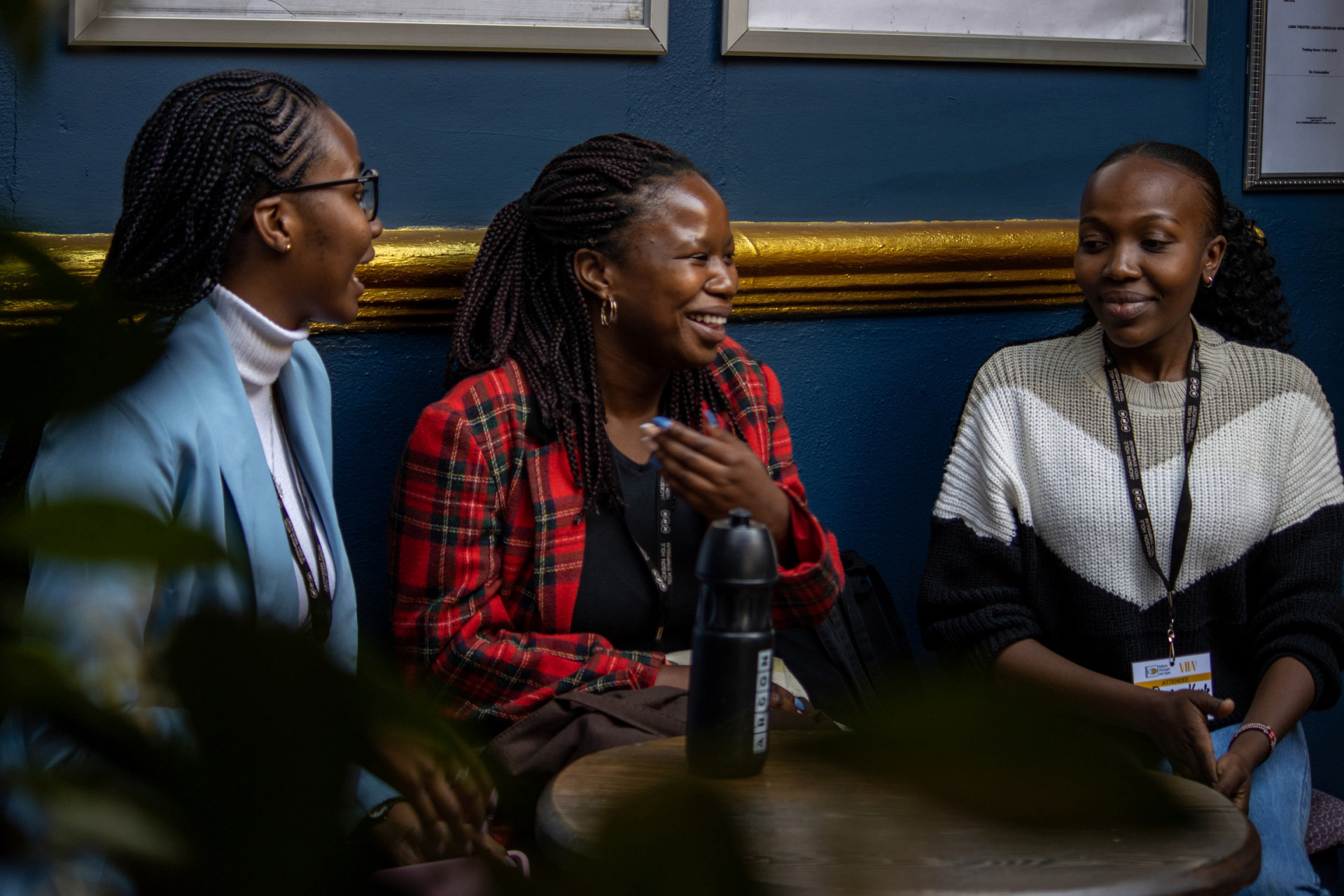
Erica Rugabandana shared her experience as a Tanzanian woman director, cinematographer and producer, showcasing her journey from mentorship born from the first edition of NTHE to becoming Tanzania’s first female long lens wildlife camera operator and director.
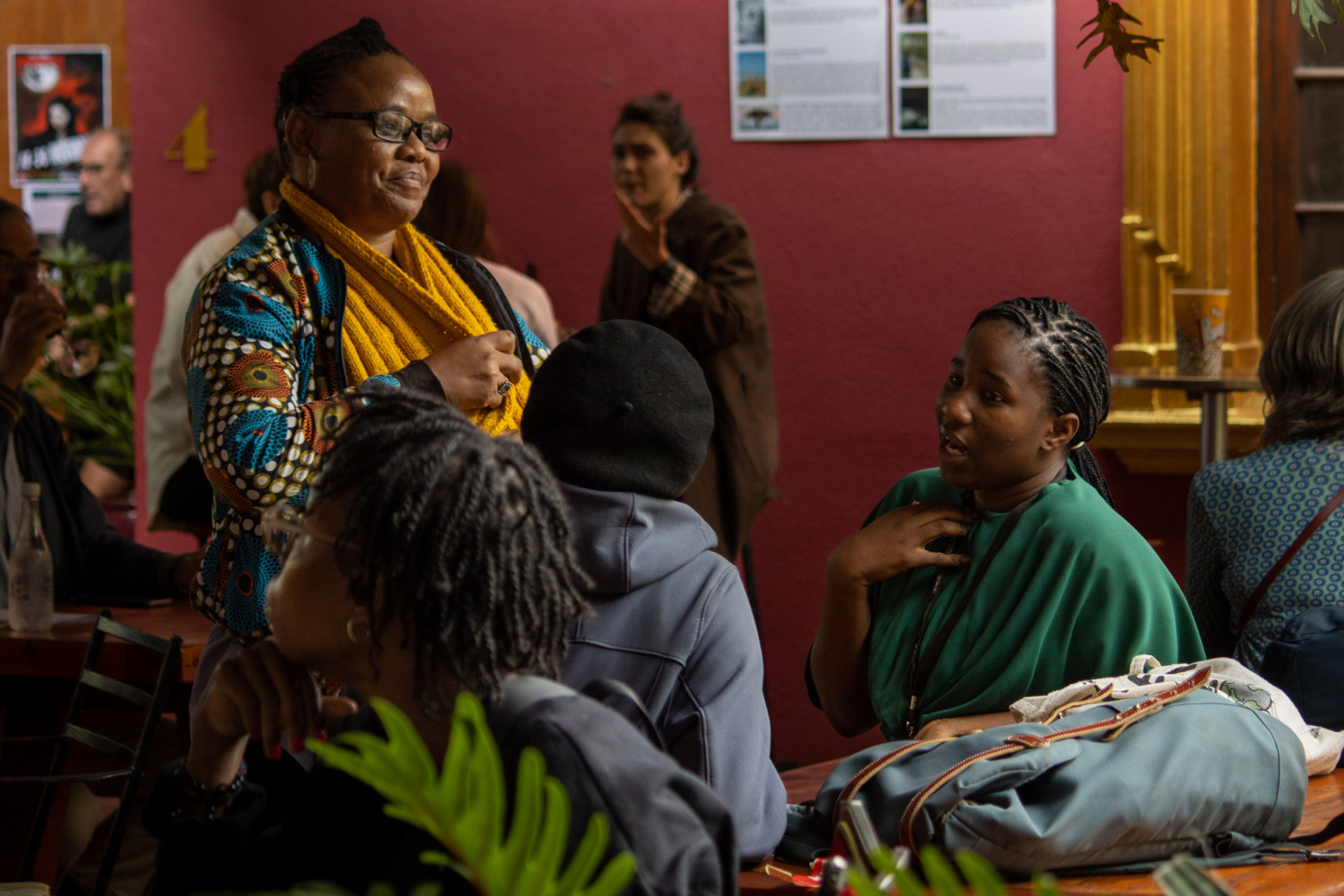
In this important session, for women spending long periods in the field, away from families and partners, Onke Dumenko and Yolanda Ncokotwana from South Africa’s National Film and Video Foundation set the guidelines for balancing family and career, encouraging filmmakers to share their passions and involve their families in the filmmaking process. Onke emphasised the importance of self, drawing attention to the problems caused by many women’s tendency to put self last. Yolanda focused on self-confidence; how to escape the ‘impostor syndrome’, and the fear of not being up to the task in hand.
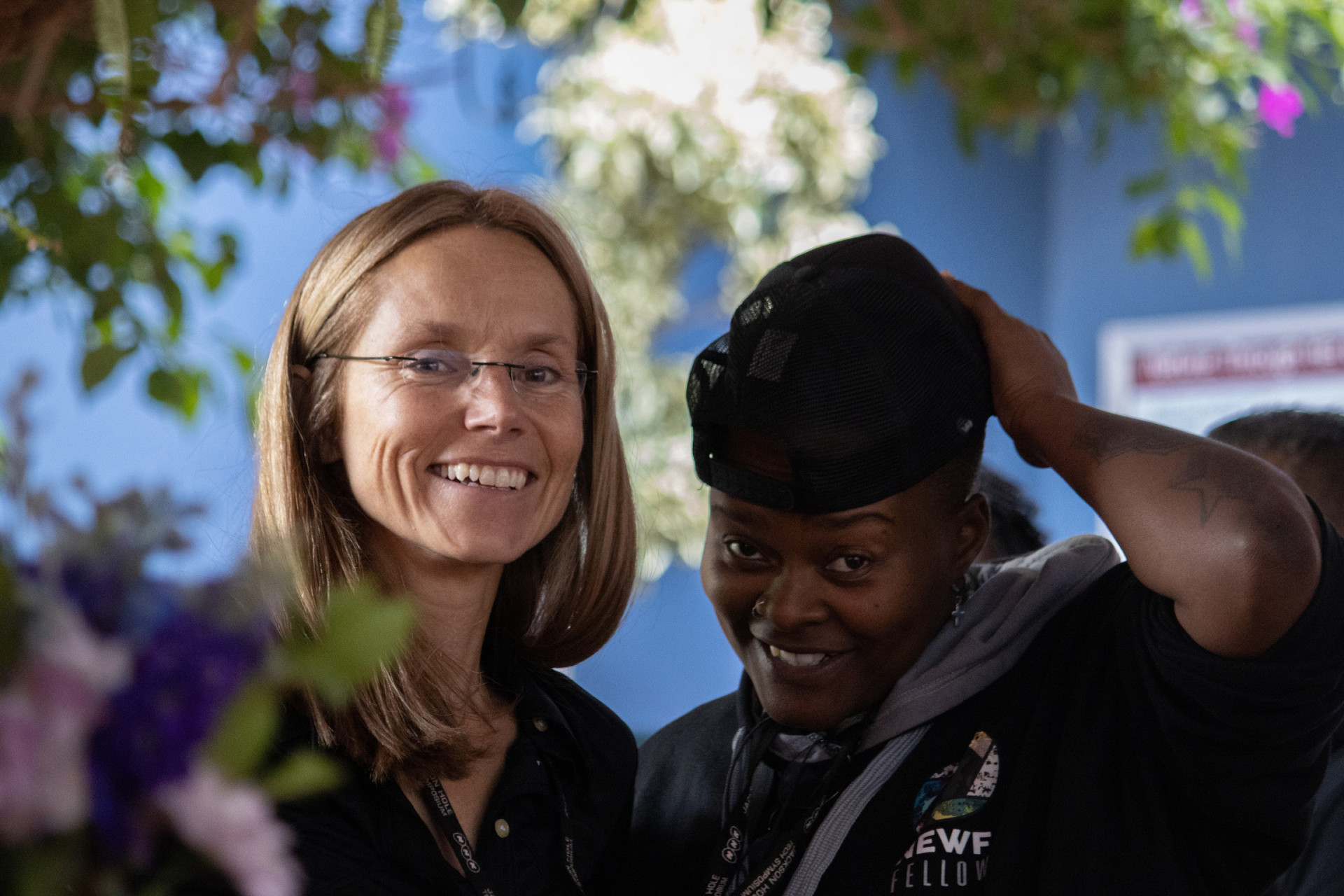
For this last workshop, Dr. Liani Maasdorp looked at what comes after making a film… the impact campaign. Dr. Maasdorp first elaborated on the formatting of an impact campaign and then analysed what the best strategies were to reach the audience and get them to take action. Finally, she worked with individual participants on projects they had submitted to help plan and build a potential impact campaign with them.
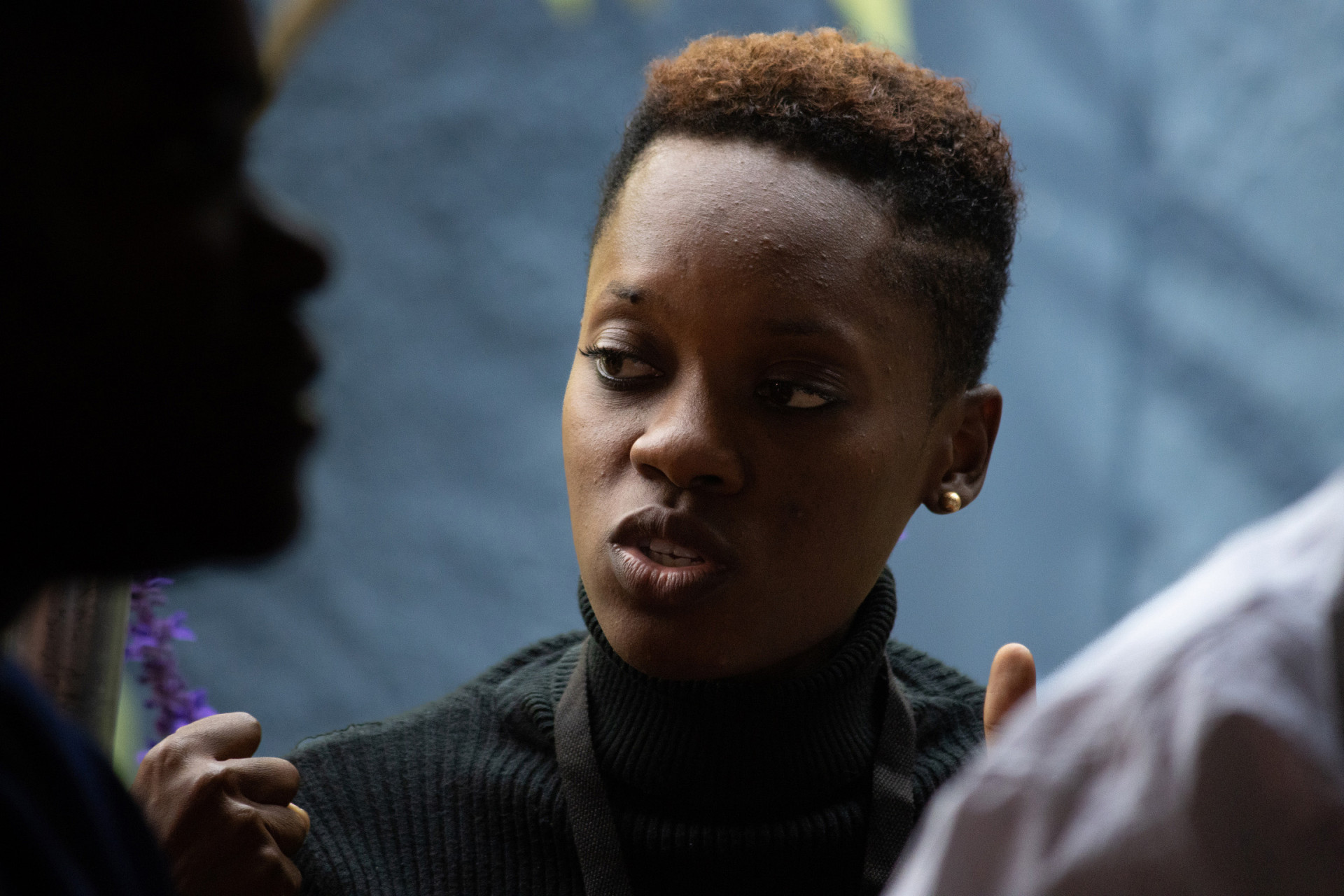
In search of real soundscapes to implement the theory of the bioacoustics workshops, Sea Search, Dr. Tess Gridley’s team, chartered two 35-person vessels to take Festival participants out into the ocean. For those unfamiliar with the ocean, the first vessel set course for a cormorant colony not far from shore. Equipped with microphones, hydrophones and audio recorders, participants experienced for themselves the fascinating sounds of the sea. The second trip went further afield to Seal Island where we encountered seals, penguins and a Bryde’s whale and her calf. For some, even among the marine biologists, these were first observations.
